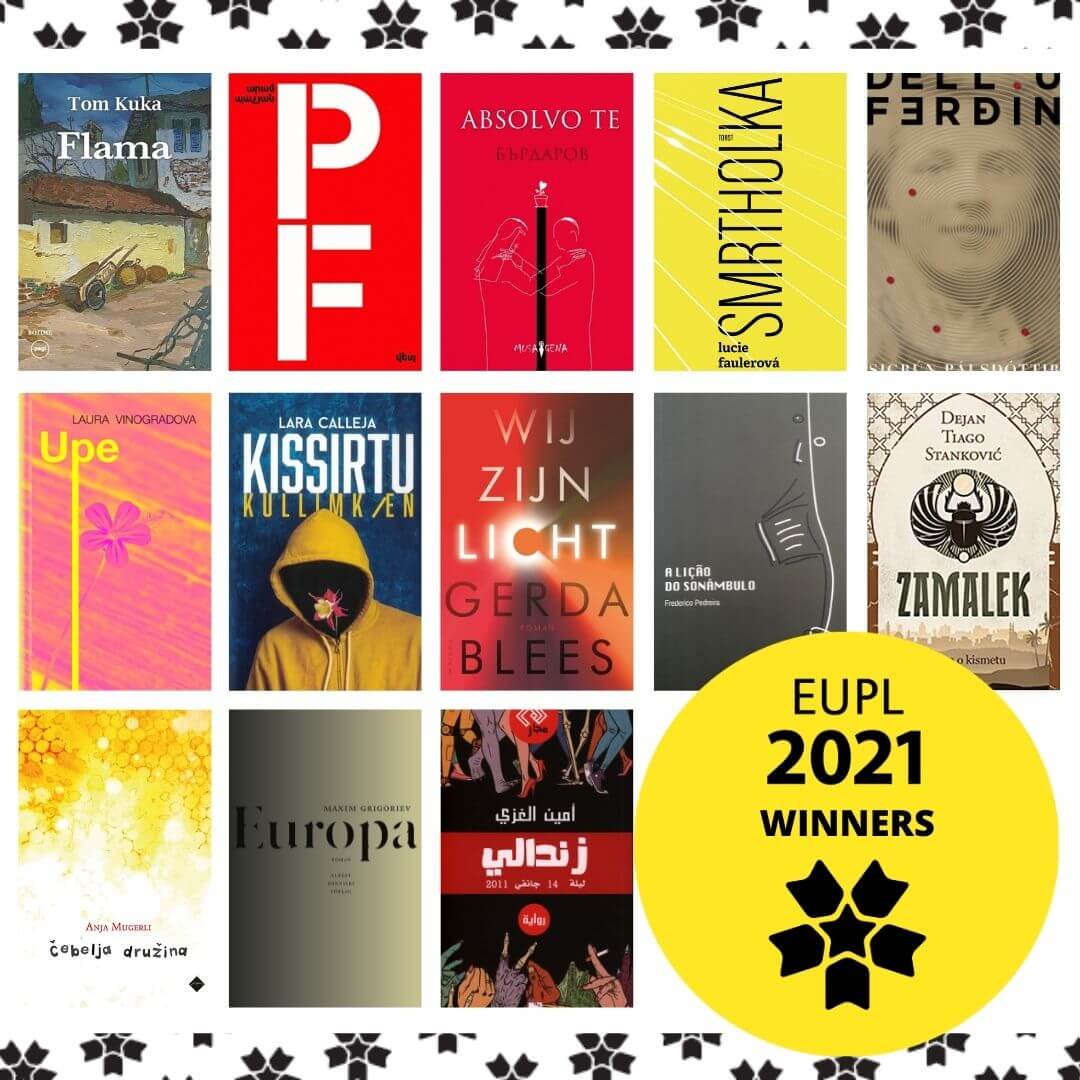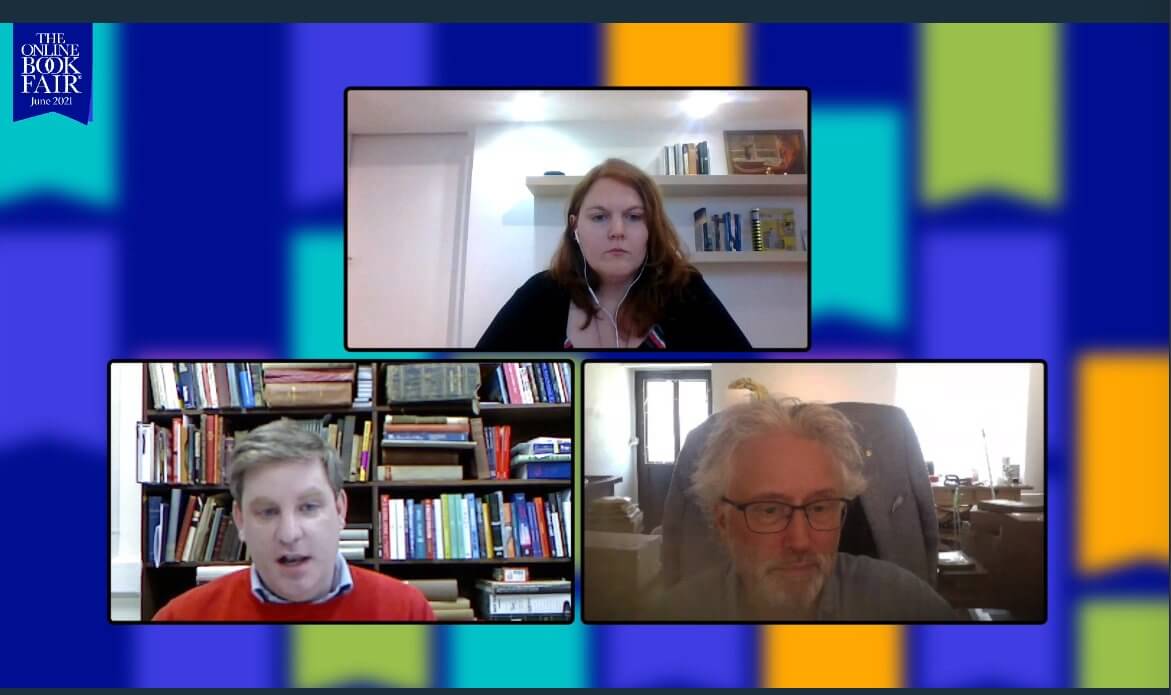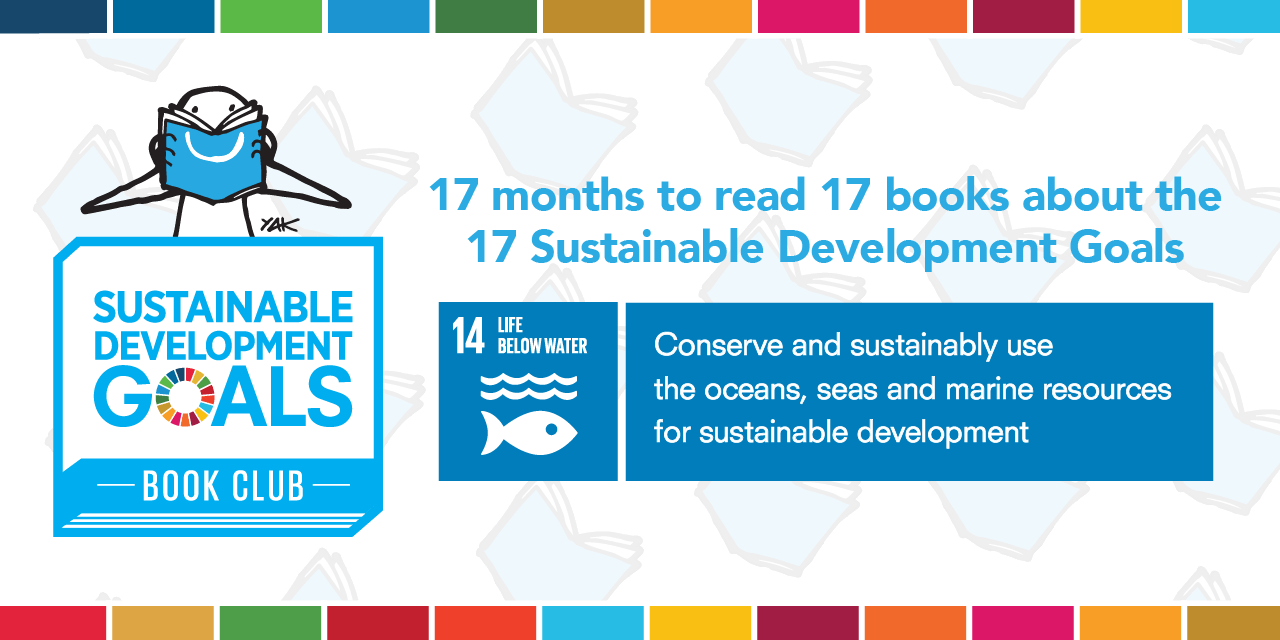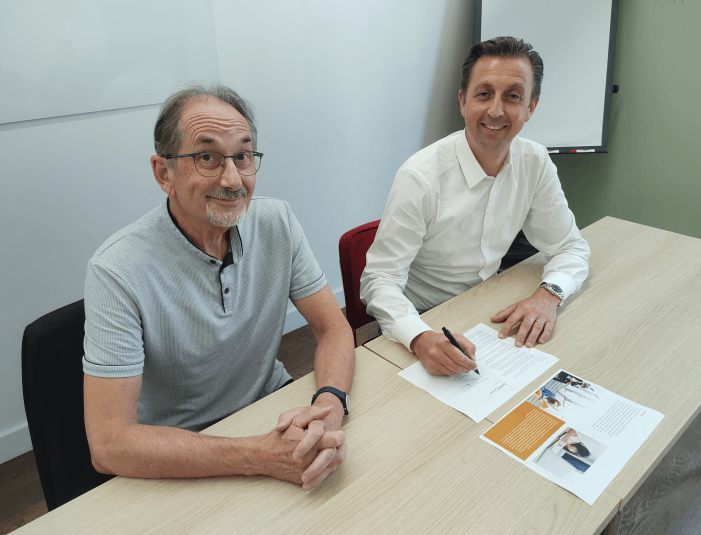Organisations working across the book sector call for unified action to tackle climate change in a joint statement
The scientific consensus is clear; climate change is happening, and it requires urgent action across all sectors and all parts of society, from the individual to the global level to keep temperatures below the two-degree threshold outlined in the Paris Agreement. Yet, despite a clear and growing body of scientific evidence, progress has remained slow.
In response to this crisis and in the lead up to the 26th United Nations Climate Change Conference, key players across the book and journals sector have united in calling for action on climate to be prioritized. This includes the International Publishers Association (IPA), the Federation of European Publishers (FEP), the European and International Booksellers Federation (EIBF), the International Board on Books for Young People (IBBY), the International Federation of Library Associations and Institutions (IFLA), the International Association of Scientific, Technical and Medical Publishers (STM), the Association of Learned and Professional Society Publishers (ALPSP) and the Green Book Alliance.
As we have seen with the pandemic, books are an essential tool that will enable the world to understand and respond to climate change. All forms of the written word have the power to inform, inspire and shape a sustainable culture. As such, we are encouraging the production of and access to works that can support research into the climate crisis, as well as motivate the behaviour changes needed to tackle it. We have already seen progress through collaborations such as the Sustainable Development Goals children’s book club and other initiatives showcasing climate related books and resources.
Additionally, we must also take responsibility for own environmental impact adopting climate-friendly practices with an agreed international approach and intent to work together across our supply chain. In turn, we encourage governments to recognize and factor in the importance of books, the written word and reading in climate action, as part of comprehensive policy responses.
To further develop an international approach, concrete actions and agree on a shared vision for a sustainable book and journal sector, the signatories have agreed to be part of a series of conversations on climate convened by the International Publishers Association. The first will take place in Frankfurt Book Fair, followed by virtual sessions, with the aim to release the agreed conclusions and actions ahead of COP 26.
The focus of the book sector on climate has been welcomed by the United Nations with Sherri Aldis, Chief of UN Publications saying, “We welcome this initiative in support of SDG13: Climate Action. Unless there are immediate, rapid and large-scale reductions in greenhouse gas emissions, we will be unable to limit global heating to 1.5 °C. The SDG Book Club encourages young readers to take action towards achieving the Sustainable Development Goals, including combatting climate change, while the SDG Publishers Compact has brought together the publishing industry to make its practices more sustainable. The series of conversations on climate will help gather momentum for action ahead of COP26 and we are excited to contribute to the sessions.”
Bodour Al Qasimi, President of the International Publishers Association said: “We are facing today’s biggest challenge to our society: climate change. Like so many other times in history, society need the tools to enable us all to have a broader perspective and to inspire everyone to really change our day to day lives to become more sustainable. COP 26 is the starting point where publishers alongside the rest of the book chain are united in becoming a force for good and put sustainability and climate change on the top of our priorities”.
Peter Kraus vom Cleff, President of the Federation of European Publishers said: “Climate change is a global issue and this year alone we have seen its devastating effects across Europe with extreme heatwaves, floods and bushfires. This year’s COP 26 takes place in Europe and European publishers, our members, are rising to the challenge. We see great progress not only in taking responsibility for their own environmental footprints, but in publishing content that will help society tackle climate change. By uniting as a wider industry we are taking a critical first step to accelerate our progress as an international community.”
Barbara Lison, President for the International Federation of Library Associations and Institutions (IFLA) said: “Libraries have an essential role in driving sustainable development within our communities, providing access to information and culture. Climate is arguably our next biggest challenge, and there is power in uniting across our book industry to drive progress needed for a sustainable future. We are looking forward to contributing and taking action.”
Liz Page, Executive Director for the International Board on Books for Young People (IBBY), which represents thousands of reading promoters, creators of children’s books, scholars, librarians and many others in the book chain said: “Our members are greatly affected by the devastating consequences of climate change. To help future generations prosper and survive, we need to work towards creating a sustainable environment. Books and reading play an essential role in society, especially in the development and lives of children. It is their future that is in peril if we do not act now.”
Fabian Paagman and Jean-Luc Treutenaere, co-Presidents of the European and International Booksellers Federation said: “Bookshops are essential for raising awareness and creating a knowledgeable society that shapes our future, not just on climate-related issues. Books help readers form opinions based on facts, research and views from multiple angles, thus contributing to a lively and constructive public debate. Without bookshops, the necessary information and knowledge becomes less accessible and these matters lose access to the local stage. Local businesses in general, and local bookshops in particular, largely contribute to a more sustainable distribution of products, among them books. Many booksellers are already engaged in reducing their CO2 emissions. The individual distribution in individual packaging by vehicles to the doorstep of customers is highly intensive in CO2 emissions. On the other hand, customers making their way, often by public transport, bicycle or foot, to their local bookshops, heavily decrease the released emissions involved in getting literature and culture to readers.”
Philip Carpenter, Interim Chief Executive Officer for STM (the International Association of Scientific, Technical and Medical Publishers) said: “Publishers are taking action to reduce their environmental impacts – establishing a wide variety of commitments designed to address climate change. They are also, of course, vital players in disseminating research on the social and environmental impacts of climate change, particularly in those countries most likely to be impacted by its effects through access programmes such as Research4Life. However, there are still a number of important challenges that publishers need to work collaboratively to solve. I am confident that together the industry can rise to these challenges, fast-tracking the action required to achieve a net zero emissions transformation.”
Wayne Sim, Chief Executive for the Association of Learned and Professional Society Publishers said: “Progress required to tackle climate change depends greatly on having the best research, data and evidence to empower all sectors of society to make the right critical decisions. Learned societies have long played a vital role in informing society and decision makers. ALPSP is pleased to join an international call to action to continue to accelerate these efforts and not also apply them to our own sector, paving the way for a sustainable future.”
Speaking on behalf of the Green Book Alliance, Karina Urquhart (Executive Director, Book Industry Communication – a co-founding organisation of the Green Book Alliance) noted: “It is in the supply chain that the most significant changes can be made by the global book industry to eliminate waste and reduce its impact on the environment. It is vital that international organisations collaborate and provide leadership in this critical area. The Green Book Alliance welcomes the opportunity to facilitate cross-sector supply chain initiatives with organisations signing this pledge to help the book industry understand and make significant changes to reduce its overall environmental impact on the planet.”














